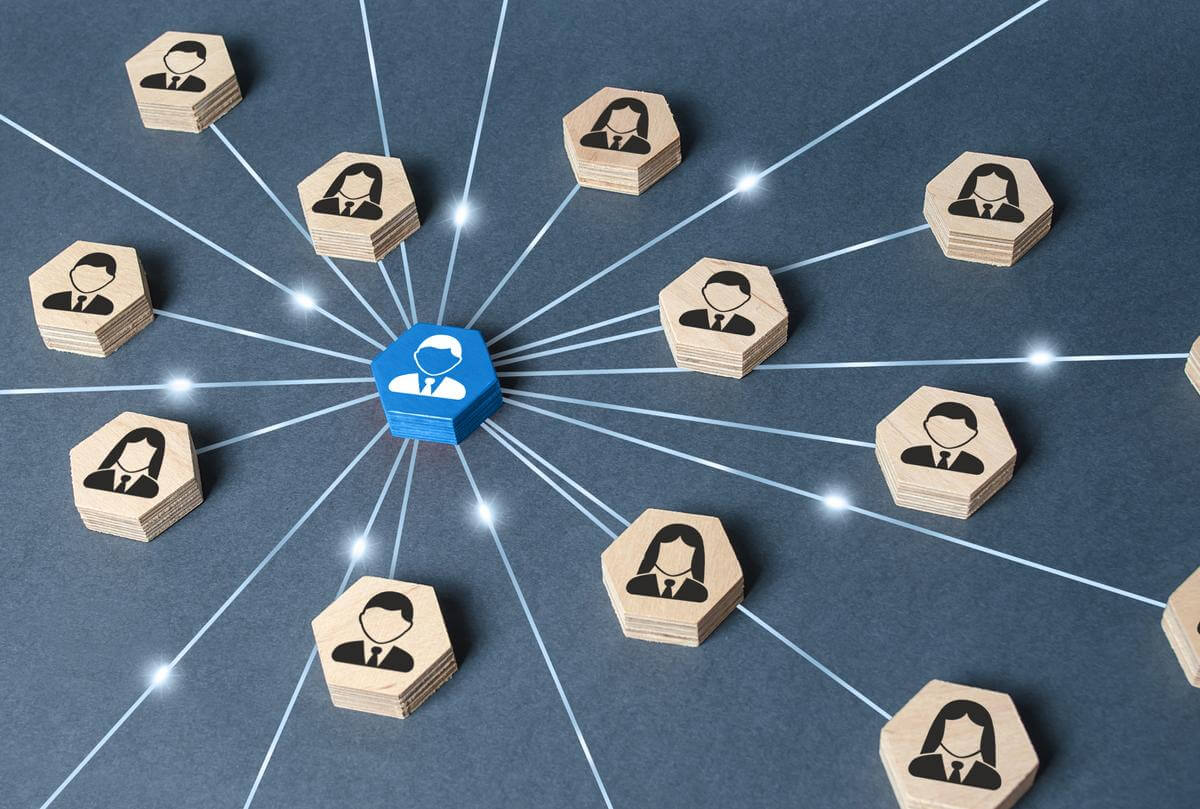
Language is an essential aspect of human communication. It is the foremost tool that people use to convey their ideas, beliefs, and concepts. Language plays a significant role in our social interactions and shapes our culture, economy, and political systems. Linguists argue that language is a primary means of transmitting knowledge and cultural heritage from one generation to another. As such, it is crucial to discuss the importance of language in society, specifically its social, cultural, economic, political, and technological implications.
The Social Aspects Of Language
Socialisation refers to the process by which individuals acquire social and cultural knowledge and values. Language plays a vital role in this process as it enables individuals to engage in social interactions, form relationships, and express their emotions. In effect, language influences social relationships, such as the differences in conversational styles and greetings in different cultures. For instance, japanese people use different greetings depending on the time of the day, while americans use a more standard greeting. As such, language reflects social hierarchies and distinguishes different social groups in society.
Moreover, language helps to define social identity. People use language to identify themselves and express their social status or group affiliation. Language speaks to the individual’s identity, such as the concepts of dialects, accents, and languages spoken in a particular locale. Thus, language fosters social identity, and people tend to use language to reinforce their social identity.

The Cultural Implications Of Language
Culture refers to the norms, values, traditions, and practices of a particular group of people. Language is an essential tool that individuals use to express their cultural identity and to transmit cultural heritage to future generations. Thus, language reflects cultural values and influences the ways in which individuals perceive the world. Language shapes how individuals relate to their environment and to each other and reflects the cultural diversity of a society.
Language serves as a means of expressing cultural values, beliefs, and traditions, and it also acts as a powerful tool of cultural exchange. In effect, language facilitates intercultural communication and creates a dynamic cultural landscape. For example, the japanese language reflects the country’s culture, including its reverence for seniors and loyalty to the company. The language used in different cultures also shapes the way in which people think and perceive the world. Thus, language influences cultural diversity in society.
The Economic Impact Of Language
Language is an essential tool in economic interactions, including business transactions, international trade, and investment. Companies need to use the language of the country they are operating in to establish relationships with clients and customers. Language also plays a fundamental role in labour migration and contractual matters. For example, many migrants to europe learn german or french to secure employment and integrate into society.
Furthermore, language is a means of generating income and creating job opportunities. For instance, the translation industry is a thriving business that provides services to assist companies and individuals in overcoming language barriers. The communication industry also provides jobs for individuals who can effectively communicate in multiple languages. Thus, language has a significant economic impact on society.
The Political Role Of Language
Language plays an essential role in political discourse and has a considerable impact on governance systems. The language used in political communication reflects power dynamics and influences political decisions. Political leaders use language to generate support for their policies and ideologies, while opposition parties use language to create dissent or unity. Voters also use language in political discourse, such as in conversations about policy debates and political rallies.
Moreover, language shapes political systems, such as the role of language in national identities and citizenship. It also influences the political participation of individuals and groups in society. For instance, language policies determine access to education and the ability to participate in political activity. Thus, language plays a significant role in politics and governance.

The Evolution Of Language In Society
Language is not a static phenomenon but rather a constantly evolving aspect of human communication. The evolution of language in society reflects changes in social dynamics, cultural trends, economic systems, and technological advancements. Language adapts to the changing needs and contexts of society, and it also reflects the different periods and events in human history.
Moreover, language evolves through language contact. For instance, when two different linguistic groups interact, they exchange aspects of their languages and create a hybrid language. As such, language is a product of cultural exchange and reflects human diversity.
Language And Identity
Identity refers to an individual’s sense of self, which encompasses social, cultural, and political affiliations. Language plays a critical role in individual identity formation, as it reflects an individual’s social, cultural, and political background. Linguistic diversity reflects human identity, as individuals use language to assert their identity and to distinguish themselves from others.
Moreover, language facilitates identity formation, as it provides individuals with a means of communication to express their beliefs, values, and emotions. Language reflects an individual’s social status, educational background, and professional affiliations. The unique language patterns that individuals use reflect their identities, and people use language to express their social, cultural, and political affiliations.
Language And Power Dynamics
Language reflects power dynamics in society. People use language to assert their power over others and to reinforce social hierarchies. The language used in different contexts, such as code-switching, reflects power dynamics and reflects the different ways in which people adapt their language use.
Moreover, language reflects the power dynamics between different linguistic groups. Individuals and groups use language to assert their dominance over others and to promote their values and beliefs. Language policies also reflect power dynamics, as they determine access to education, employment opportunities, and political engagement. Thus, language reflects power dynamics in society and influences social change.

Language And Technology
Technology has revolutionised human communication, including the use of language. Digital technology provides individuals with new and innovative ways of communicating and provides access to diverse linguistic communities. Digital media also influences the evolution of language, as it gives rise to new linguistic forms and expressions.
Moreover, digital technology has given rise to a global language, such as english, which has influenced cultural exchange and economic opportunities. Digital media also provides a platform for multilingual communication, which facilitates intercultural communication and creates a globalised cultural landscape. Thus, technology has significant implications for language in society.
Language is an essential aspect of human communication and plays a significant role in society. Language influences social interactions, shapes culture, impacts the economy, influences politics, and reflects power dynamics. Language is also a dynamic phenomenon that evolves over time, reflects identity, and is influenced by technology. Thus, understanding the role of language in society is crucial for promoting effective communication, social inclusion, and cultural diversity.

Aiken is a communication strategist and writer who specializes in digital interactions, social engagement, and interpersonal communication techniques. His work explores how technology shapes the way people connect, collaborate, and build relationships.
